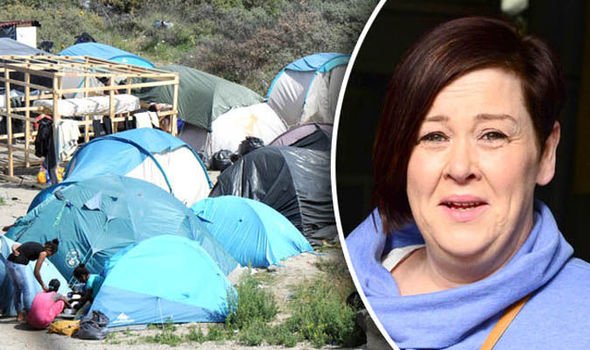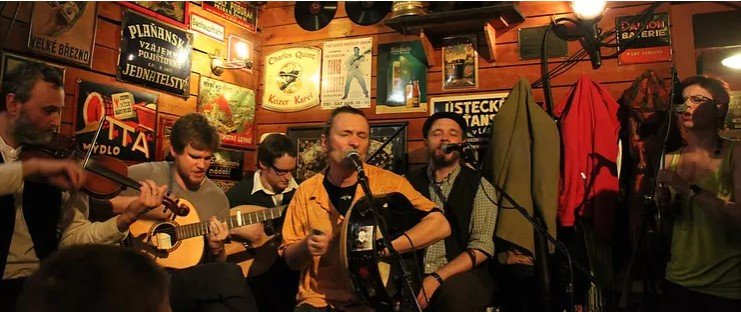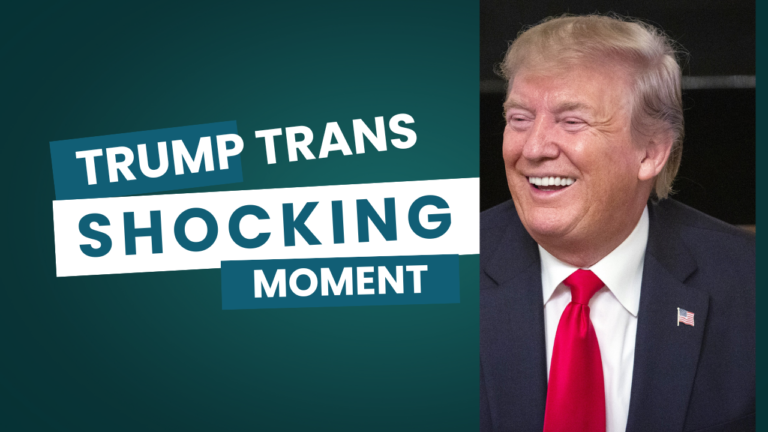White Dee and the Perceived Decline of Values in the UK: Fueling Current Unrest Over Illegal Migration
The UK has experienced significant social and cultural changes over the past few decades, with public figures and media portrayals often sparking debate about the nation’s values. One such figure is Deirdre “White Dee” Kelly, who gained national prominence through the controversial Channel 4 documentary series, Benefits Street. Her portrayal as a central character in the show has been linked by some to the perceived decline of traditional values in the UK. This article examines White Dee’s impact on public discourse and how her media portrayal reflects broader concerns about societal values, contributing to the current unrest regarding illegal migration from Islamic young men across the UK.
The Emergence of White Dee
Deirdre Kelly, better known as White Dee, became a household name in 2014 when Benefits Street aired. The show focused on the lives of residents on James Turner Street in Birmingham, highlighting their struggles with poverty and reliance on state benefits. White Dee quickly became a prominent figure due to her candid personality and role as a matriarch within the community.
Public Perception and Media Influence
Benefits Street generated significant controversy and public debate about welfare dependency, poverty, and social responsibility. Critics argued that the show sensationalized and exploited the lives of vulnerable people, perpetuating negative stereotypes about those who rely on benefits. White Dee, in particular, was criticized for embodying what some saw as a lifestyle of entitlement and irresponsibility.
- Welfare Dependency: White Dee’s lifestyle, as portrayed on the show, came to symbolize a perceived culture of welfare dependency. Her portrayal raised questions about the sustainability of the welfare state and whether it inadvertently encourages a lack of ambition and self-sufficiency. Critics argued that her behavior epitomized a growing reliance on state support at the expense of personal responsibility and work ethic.
- Social Responsibility: The show also sparked discussions about social responsibility and community values. White Dee’s leadership role within her community was seen by some as both positive and negative. While she provided support and stability to her neighbors, critics argued that her acceptance of benefit dependency undermined the values of hard work and self-reliance.
Broader Implications for UK Values
White Dee’s portrayal in Benefits Street resonated with broader societal concerns about the decline of traditional values in the UK. These concerns encompass several key areas:
- Work Ethic: The portrayal of White Dee and her neighbors fueled the perception that the UK’s work ethic was eroding. The idea that individuals could live comfortably on benefits without seeking employment was seen as a departure from the values of hard work and perseverance that had historically underpinned British society.
- Family and Community: The show highlighted the breakdown of traditional family structures and the challenges faced by single-parent households. While White Dee’s role as a community leader demonstrated resilience and solidarity, it also raised concerns about the erosion of the nuclear family and the support systems it traditionally provided.
- Moral Standards: Critics argued that the normalization of benefit dependency and the lifestyle depicted on Benefits Street reflected a decline in moral standards. The portrayal of drug use, petty crime, and anti-social behavior was seen as indicative of broader societal issues, leading to fears that such behaviors were becoming more acceptable.
Connecting to Current Unrest Over Illegal Migration
The portrayal of White Dee and the discussions it sparked have had lasting impacts on public sentiment, contributing to the current unrest regarding illegal migration from Islamic young men across the UK.
- Cultural Clash: The concerns about declining values and social responsibility have extended to the perception of new migrants, particularly those from predominantly Islamic countries. Many fear that these migrants bring cultural and religious values that clash with the UK’s Christian and secular traditions. This perceived clash fuels anxieties about integration and the preservation of British values.
- Security Concerns: High-profile incidents of violence and crime involving young men from immigrant backgrounds, particularly those with Islamic affiliations, have heightened fears and tensions. The portrayal of anti-social behavior in Benefits Street has made some more sensitive to issues of public safety and social order, linking the behavior of illegal migrants to the broader narrative of declining societal standards.
- Economic Competition: Just as White Dee’s portrayal raised concerns about welfare dependency, the influx of illegal migrants is seen by some as a threat to economic stability. Critics argue that these migrants increase competition for jobs, housing, and public services, exacerbating the challenges already highlighted in Benefits Street.
- Social Cohesion: The show highlighted the fragility of social cohesion in deprived areas. The arrival of illegal migrants from vastly different cultural backgrounds is perceived by some as a further strain on already vulnerable communities, threatening the fragile balance and potentially inflaming existing tensions.
Counterarguments and Context
While White Dee’s portrayal and the subsequent debates are significant, it is essential to consider the broader context and counterarguments:
- Economic Inequality: Advocates argue that the real issue is economic inequality and lack of opportunities, not the behavior of individuals. Addressing systemic issues is crucial to solving the problems depicted in Benefits Street and easing integration challenges for migrants.
- Media Sensationalism: The role of media sensationalism in shaping public perception cannot be overlooked. Benefits Street was a reality TV show designed to attract viewers, and its portrayal of White Dee and her neighbors was likely exaggerated for dramatic effect. This raises questions about the ethical responsibilities of media producers in representing vulnerable communities.
- Positive Contributions: Many migrants, including those from Islamic countries, contribute positively to UK society, bringing diverse skills and cultural richness. The focus should be on facilitating successful integration and addressing the root causes of social unrest, rather than vilifying entire communities.
Conclusion
White Dee’s emergence from Benefits Street played a significant role in shaping public discourse about welfare, poverty, and societal values in the UK. While her portrayal sparked concerns about the decline of traditional values, it also highlighted the complexities of poverty and the challenges faced by marginalized communities. White Dee herself has in 2015 during a visit to Calais has spoken out in favour of migrants coming to the UK. These debates have since intersected with anxieties over illegal migration, particularly from Islamic countries, contributing to current unrest. Addressing these issues requires a balanced approach that considers both individual behaviors and systemic factors, fostering a society where all members can thrive together.






